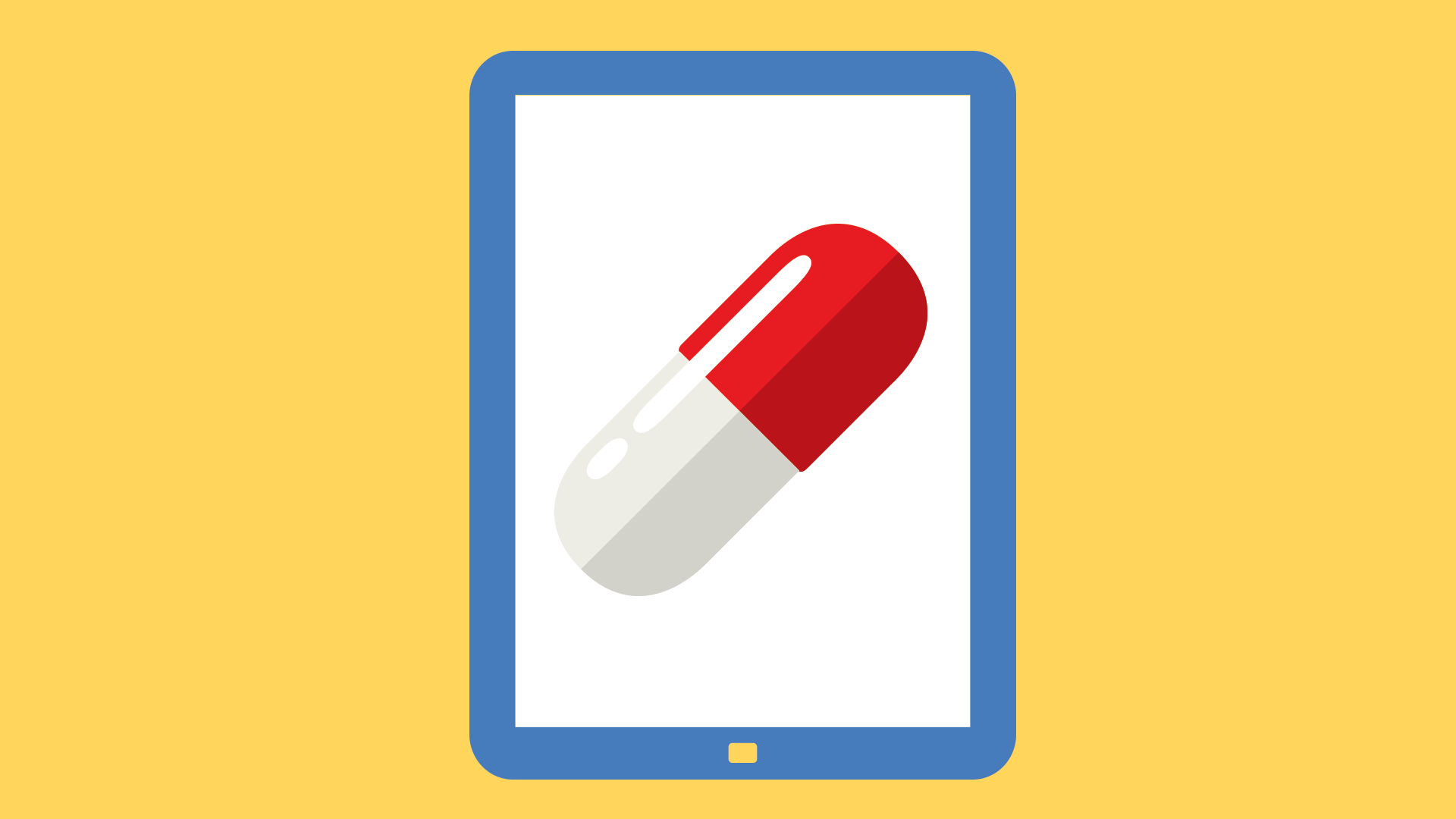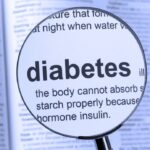In past studies, Swiss researchers mingled with the theory of placebos becoming a beneficial approach to psychological intervention. As part of new research, conducted by Michigan State University, a team of American researchers strengthens that notion demonstrating the effectiveness of the placebo effect.
The new study, initiated in collaboration with the University of Michigan and Dartmouth College, is the most comprehensive of its kind thus far, showing how placebos could reduce brain markers associated with emotional distress, even when consumers are aware of what they are receiving.
The findings, published in Nature Communications, were accomplished by testing two groups using a serious of emotional images and a nasal spray. One group was informed of a nasal spray acting as a placebo, while the other group was instructed of improved physiological readings that researchers were documenting.
As highlighted in their findings, the research team found that nondeceptive placebos significantly diminished self-reported emotional distress among participants. Interestingly, the findings also showed that the placebos resulted in reduced electrical brain activity associated with emotional distress, observed within seconds.
“These results show that non-deceptive placebo effects are not merely a product of response bias,” the co-authors concluded in the findings.
“Additionally, they provide insight into the neural time course of non-deceptive placebo effects on emotional distress and the psychological mechanisms that explain how they function.”
“Future research should examine the generalizability of these findings to other populations, domains, and biomarkers.”


